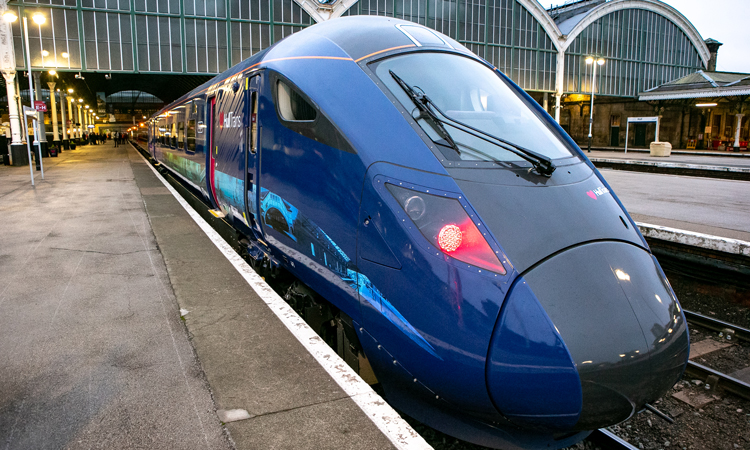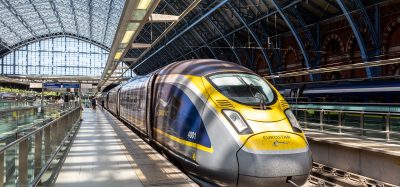Hull Trains’ Paragon fleet continues to help cut carbon emissions
Posted: 3 November 2021 | Global Railway Review | No comments yet
Hull Trains has announced that since the introduction of its modern and innovative Paragon fleet, both energy consumption and carbon emissions have decreased.


Credit: Hull Trains
As well as boasting the most modern and innovative trains on the UK rail network, Hull Trains now has some of the most environmentally friendly.
Hull Trains is committed to helping everyone travel in greener ways and has announced that is has significantly reduced both energy consumption and carbon emissions since the introduction of its Paragon fleet.
The high-tech fleet of Hitachi 802’s are powered by both diesel and electricity and replaced the 180 fleets in 2019.
Following checks on the last six periods of data, Hull Trains are now able to demonstrate an average energy reduction of 62.3 per cent against the old 180 and HST fleets. Furthermore, this means a 64 per cent reduction in CO2e emitted per vehicle km.1
David Gibson, Managing Director, said: “Travelling by train is the greenest form of public transport and one single train journey can remove up to 500 cars from the road. By investing in trains that can operate using both electricity and diesel, Hull Trains made an investment not only in improved customer experience but also in making the towns and cities we serve cleaner and healthier.”
Travelling by train makes up 10 per cent of journeys but only one per cent of travel emissions. Furthermore, trains can reduce the UK’s carbon emissions by up to 7.7 million tonnes every year.
“The next challenge of course is to get that CO2 emissions number even lower, and I will be working with the fleet and the operational teams to make this happen,” added David. “Everyone at Hull Trains is working towards the same goal of reducing the impact on our environment and making a real difference to future generations.”
The news follows as the rail industry showcases its green credentials at the COP26.
Reference:
1. The latest data shows an average energy reduction of 6.951kWh/vkm versus 2.622 kWh/vkm against the old 180 and HST fleet, and reduction in CO2e emitted per vehicle km (1.701kg/vkm versus 0.6117kg/vkm).
OUT NOW: The Definitive Guide to Rail’s Digital Future
The rail industry is undergoing a digital revolution, and you need to be ready. We have released our latest market report, “Track Insight: Digitalisation.”
This is not just another report; it’s your comprehensive guide to understanding and leveraging the profound technological shifts reshaping our industry. We move beyond the buzzwords to show you the tangible realities of AI, IoT, and advanced data analytics in rail.
Discover how to:
- Optimise operations and maintenance with real-time insights.
- Enhance passenger services through seamless, high-speed connectivity.
- Leverage technologies like LEO satellites to improve safety and efficiency.
Featuring expert analysis from leaders at Nomad Digital, Lucchini RS, Bentley Systems and more, this is a must-read for any rail professional.
Related topics
Diesel Locomotives, Electric/Hybrid Rolling Stock, Rolling Stock Orders/Developments, Sustainability/Decarbonisation







